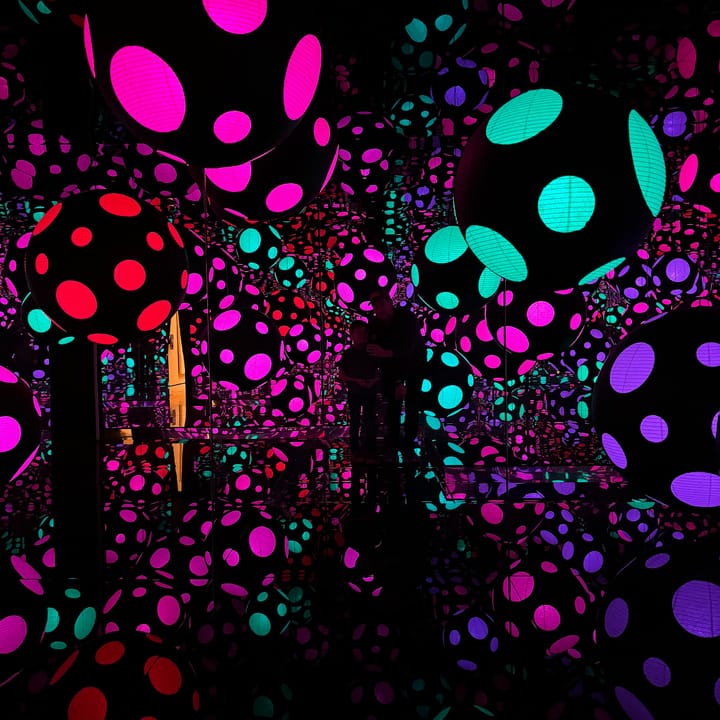Sleep reminds us that the ability to command every moment isn't in our best interest.
Sleep is odd because it's one of those rare things in modernity you can't hack your way out of. You can do your darnedest to burn the candle at both ends, but eventually, no matter what, you're going to fall asleep. This isn't to overlook those who struggle with insomnia or sleep apnea; it's simply to say that we're all limited in our ability to control sleep.
Businesses are looking for ways to colonize your sleep. Prophetic is a startup that has developed the Halo, a "non-invasive neural device to stabilize and induce lucid dreaming." They want their wearable headband to become the "steam engine for consciousness." Reserve yours today and don't forget to upload your lucid dream data to help improve their models!
I'm not against sleep therapeutics and I have high hopes that in the near future, researchers will develop treatments that can improve sleep for those who struggle. But I don't have hope for venture capitalists looking to settle the other final frontier: our minds.
Sleep is a universal gift—a daily sabbath we did nothing to earn—a common grace. In a repeated act of surprising vulnerability, we close our eyes and lie down. Our breathing slows, and we eventually yield to a state of altered consciousness. Each night, our bodies replay a silent revival as we rest and awaken to find ourselves renewed apart from willpower. Sleep reminds us that the ability to command every moment isn't our highest good. And though our frames are made of flesh and blood, they preach to us if we listen.






Comments ()